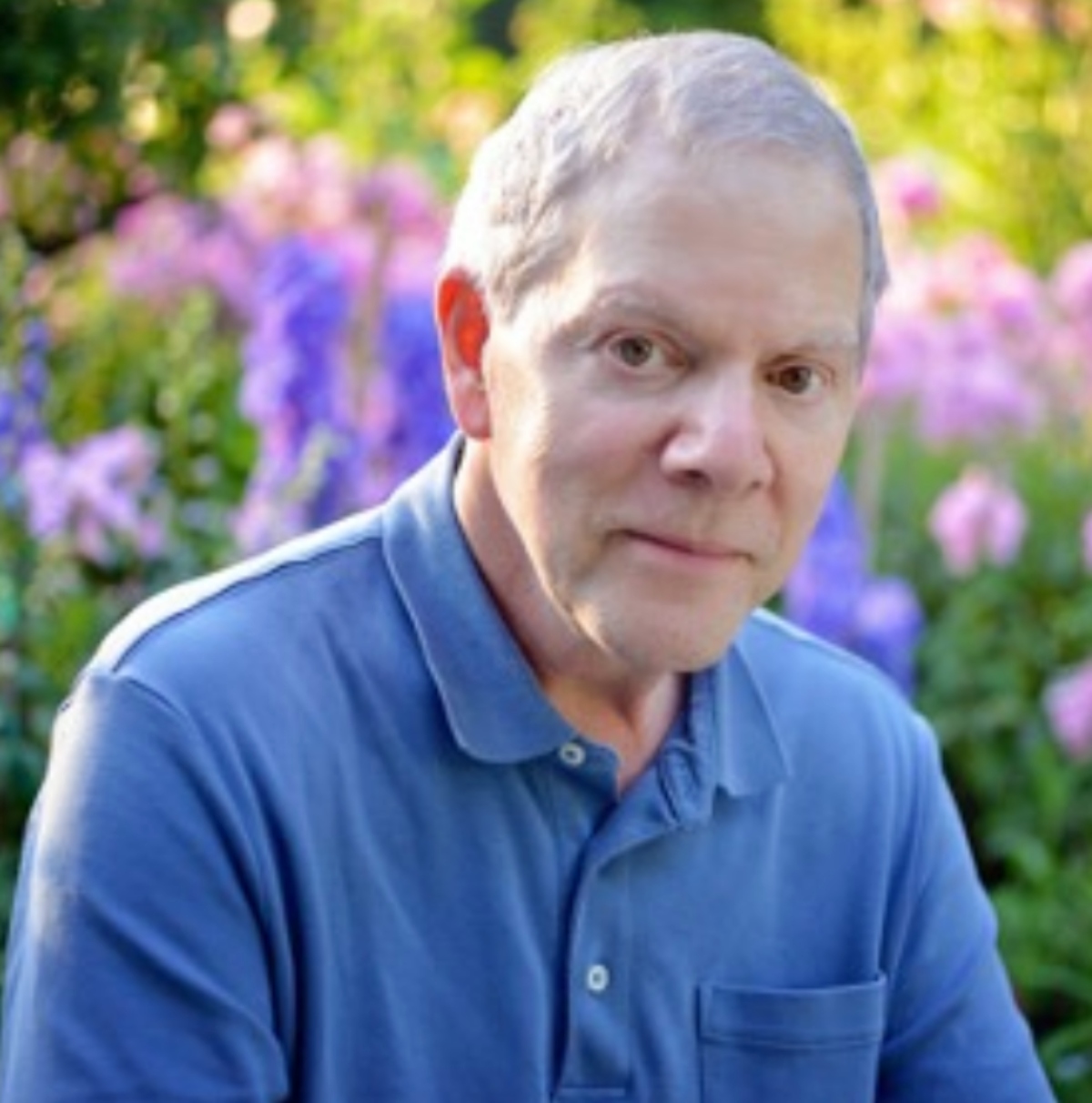
In my life, I’ve been exposed to a wealth of different approaches to the spiritual life. Indeed, many of the books I read on Christian spirituality were narrowly focused on one particular approach. Consequently, I felt the need for a more holistic survey of the spiritual life of the church. From the ancient and medieval church all the way to the contemporary church, broad exposure to the wide array of resources that have been crafted and developed by Christians down the ages is a massive benefit to believers. For this reason, I developed the 12 Facets approach to help believers draw from the rich spiritual heritage available to those of us who follow Christ.
Consider experimenting with other facets of the faith that you have not perhaps been as familiar with before. In this way, you can work toward an appreciation of the manifold legacy that has been bequeathed to us by those pilgrims who have left maps along the way.
What Are the 12 Facets of Spirituality?
What I mean by spirituality is really a Christ-centered orientation to every component of life through the mediating power of the Holy Spirit.
Having identified 12 distinct facets of this spiritual life, I wanted to order them in such a way that it began and ended with relationships. After all, the great commandment is "To love the Lord our God with all our heart and soul and mind and strength." That’s our vertical relationship with God. But what does the expression of our vertical relationship with God look like? The second part of the great command is, “And you shall love your neighbor as yourself.” Here, we see the horizontal expression of our love for God. By loving our neighbor for Christ’s sake, we experience greater intimacy with him.
Photo Credit: Unsplash/John Price

1. Relational Spirituality
By relational spirituality (Facet 1), I mean loving God completely, which means to love him with all our heart, soul, mind, and strength. Secondly, relational spirituality also involves loving ourselves correctly, which means to see ourselves as God sees us, allowing ourselves to be defined by the Word and rather than by the world. And finally, loving others compassionately. In order to love others well, we must first be secure enough to serve other people because whatever begins with the love of God should end with the love of neighbor.
Photo Credit: © Unsplash/kinga-cichewicz

2. Paradigm Spirituality
Another facet of the spiritual journey is what I call paradigm spirituality (Facet 2), where we see life in terms of the temporal versus the eternal. And in a biblical paradigm, we're always invited to see a top-down perspective where the eternal gives meaning and understanding to the temporal. And we want to make a Copernican shift from the centrality of the self to the centrality of Christ. That is to say a different paradigm, a different model, a different way of seeing.
Photo Credit: ©GettyImages/PhotoAlto/EricAudras

3. Discipline Spirituality
I speak of discipline spirituality (Facet 3) as well, and this is the area of becoming more and more aware of how the historic time-tested disciplines of the faith can enrich our intimacy with Christ and cause us to become people who are trained and habituated in the practices that our Lord himself practiced—namely, prayer, fasting, study, and meditation. All these and many other disciplines are designed to increase our intimacy with the Living God.
Photo Credit: ©Unsplash/Ben White

4. Exchanged Life Spirituality
Another aspect of the spiritual life is exchanged lifespirituality (Facet 4). By this I mean that we have exchanged the life that we formally had with the life of Christ. Having died to ourselves, we now find life in Christ, so that it is no longer we who live, but him in us (Galatians 2:20). Exchanged life spirituality also entails a new identification with Christ in his crucifixion and resurrection. Such an identification is the key to our imitation of Christ in this present world.
Photo Credit: iStock/Getty Images/PlusBoonyachoat

5. Motivated Spirituality
Another category we're going to be exploring together in this series is what I call motivated spirituality (Facet 5). Under this heading, I've identified seven biblical motivators who can help us on the journey. Naturally, certain motivators will be more helpful than others, depending on where we are on our journey. Nevertheless, it's good for us to assess what makes us do what we do. Why are we even motivated to get up in the morning? What do we want to do? What's our passion? What's our purpose?
Photo Credit: ©GettyImages/Fly View Productions

6. Devotional Spirituality
In devotional spirituality (Facet 6), I talk about the concept of what it means to grow in love with the Living God, to love the Father, to abide in the Son, and to walk by the Holy Spirit.
Photo Credit: ©GettyImages/Nomadsoul1

7. Holistic Spirituality
In holistic spirituality (Facet 7), I think in terms of the centrality of Christ and moving away from a compartmentalized approach to life—seeing Jesus as one component, work as another component, family as another component, and so forth. Countering this fragmented way of life, I propose that Christ is the hub of all things, and out of Him all of the spokes radiate so that everything matters, no matter what we do. There's no sacred/secular dichotomy in this understanding.
Photo Credit: ©GettyImages/Justin Kendra

8. Process Spirituality
When I speak of process spirituality (Facet 8), I'm speaking of actually treasuring the process, rather than constantly thinking ahead to the future or dwelling on the past. Living in the precious present, which is all we really have, and practicing his presence in the present tense, so that we become people who enjoy the process of life, rather than just fantasizing about the future. Christians are people who treasure being, not just doing. We are the ones who allow intimacy with Christ to animate and energize our outward activities. In a word, we pursue intimacy over activity. It's not a question of activity being inferior. However, my belief is that the more we treasure Him, the more our outward lives will be empowered.
Photo Credit: ©Getty Images/SeventyFour

9. Spirit-filled Spirituality
Spirit-filled spirituality (Facet 9) has to do with what it means to be engulfed in the Spirit of God and to appreciate with a greater clarity the ministries and roles of the Holy Spirit in our lives. This facet also helps us to understand the perspective that we have built upon throughout the various centuries to get a greater and greater clarification of what it really means to walk by the Spirit, to be filled with the Spirit, to be energized by the Spirit.
Photo Credit: ©GettyImages/jacoblund

10. Warfare Spirituality
An aspect of spirituality that we ignore at our peril is warfare spirituality (Facet 10). We often forget that we are immersed in cosmic warfare—a warfare that is described from Genesis all the way to Revelation on three battlefronts. One's internal, and that is what Paul calls in Romans 7, the power of “sin in our members,” what he speaks of as the “flesh”, and it's an inward outward struggle. The deepest self and the outward self. And then there are two other forces, two other arenas of warfare. One is the world and its system and the other is Satan and his angels, his demonic forces. So we are immersed in warfare, and if we are not aware of that, and if we do not embrace all the resources that God has equipped us with, we will be totally vulnerable and we will not grow.
Photo Credit: Chuttersnap/Unsplash

11. Nurturing Spirituality
I speak also of nurturing spirituality (Facet 11), a lifestyle of discipleship and evangelism whereby we choose to love other people and seek their highest good. And the highest good for the non-believer is to be transformed from the kingdom of darkness into the kingdom of light, to go from death to life. That's evangelism. The highest good for the believer is for that person now to really move in the journey of faith, hope and love, as they become more and more conformed to the image of His Son.
Photo Credit: ©iStofk/Getty Images Plus/Drazen Zigic

12. Corporate Spirituality
The 12th facet is corporate spirituality, and as I mentioned earlier, Conformed to His Image begins with personal experience. That is to say relational spirituality and corporate spirituality deals with the life of the body of Christ. We come to faith as individuals, but indeed we grow in the community of the saints. My desire is not just to expose you to these wonderful facets of the gem, but for you to become increasingly willing to try some on for size, to experience certain other traditions and practices that you may not be familiar with, so that you can actually benefit by actually learning from others who've gone before us.
Photo Credit: Sincerely Media/Unsplash

Kenneth Boa equips people to love well (being), learn well (knowing), and live well (doing). He is a writer, teacher, speaker, and mentor and is the President of Reflections Ministries, The Museum of Created Beauty, and Trinity House Publishers.
Publications by Dr. Boa include Conformed to His Image, Handbook to Prayer, Handbook to Leadership, Faith Has Its Reasons, Rewriting Your Broken Story, Life in the Presence of God, Leverage, and Recalibrate Your Life.
Dr. Boa holds a B.S. from Case Institute of Technology, a Th.M. from Dallas Theological Seminary, a Ph.D. from New York University, and a D.Phil. from the University of Oxford in England.
Originally published Monday, 09 September 2024.
